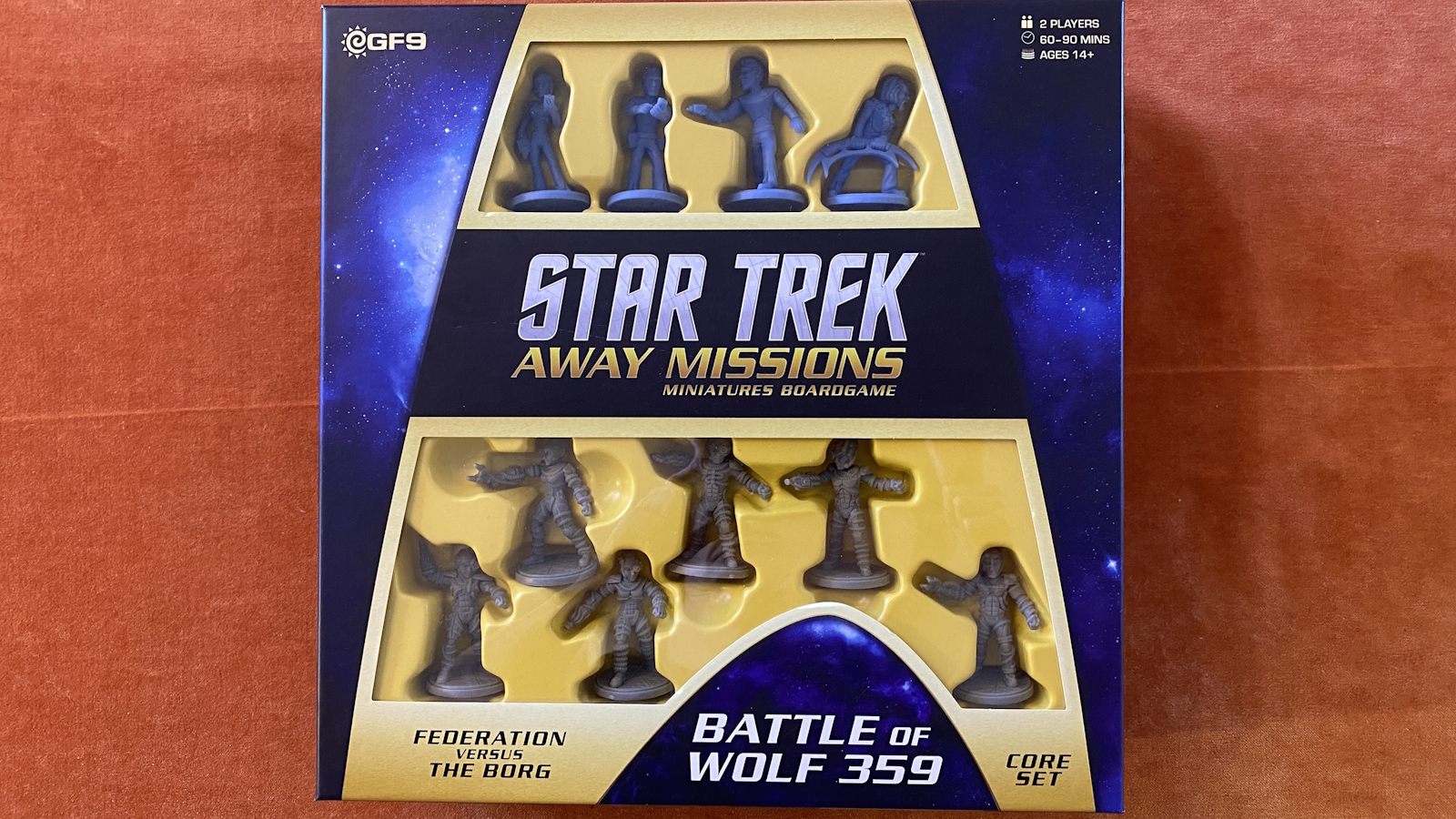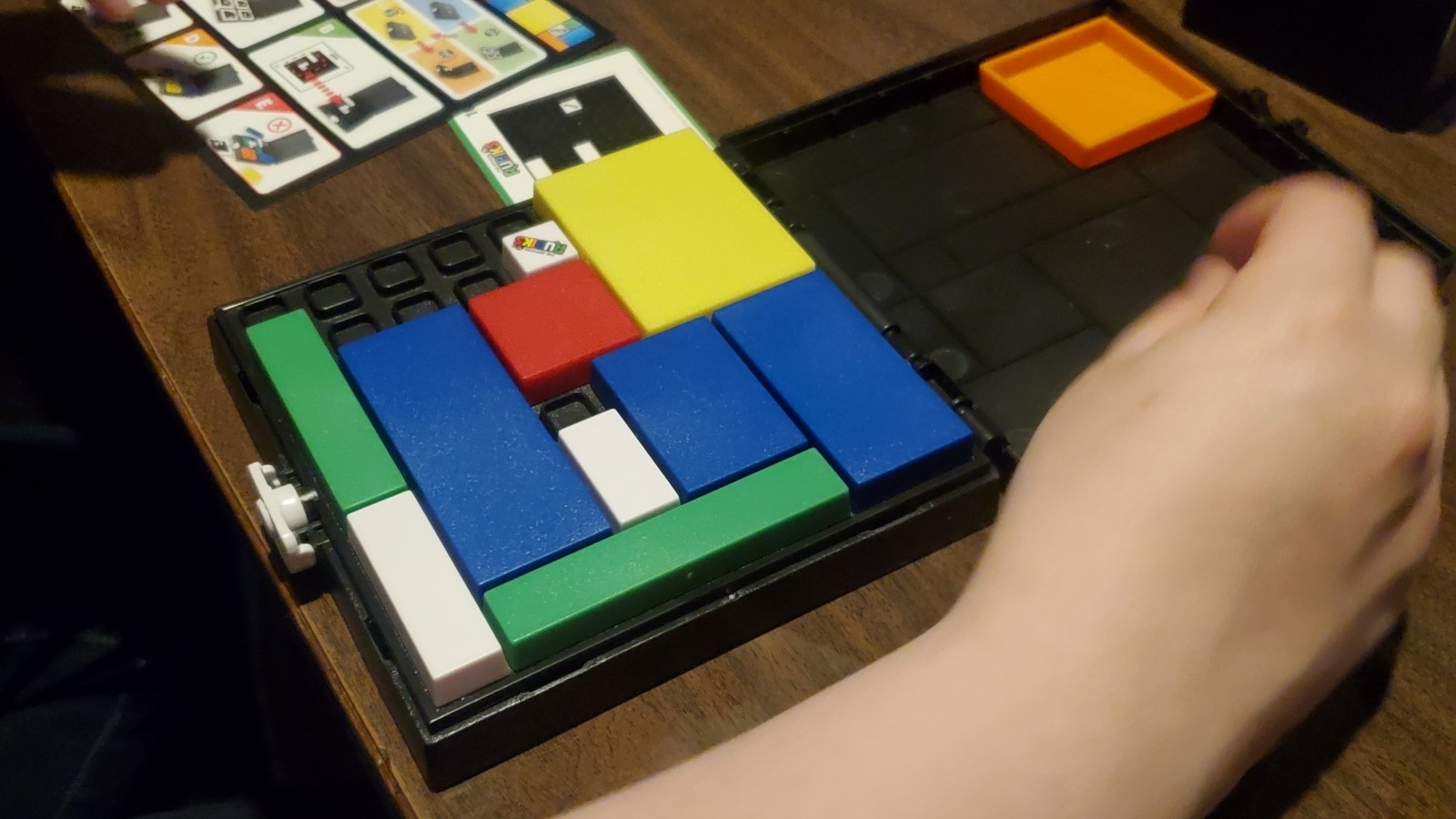It’s not everyday you get a chance to revisit the past. Alpha Protocol is a cult classic to me, a game I remember fondly, but one I didn’t want to find a console copy of and pull out old hardware to complete it given I never finished the game. Since its removal from PC stores in 2019, deals were finally negotiated to correct the licensing snafus, and now you can jump into the spy thriller via GOG Galaxy. After playing it for a while, I remember why my memories of Alpha Protocol are good, although certain aspects haven’t aged nearly as well.
Alpha Protocol - First 47 minutes of gameplay on PC
You play as Michael Thornton, agent of Alpha Protocol, an organization that conducts covert operations around the globe. As per usual, someone has missiles and wants to use them for bad things, so it’s up to you to stop it. Of course, not everything is as it seems, with the line between your friends and enemies blurred as you move from plot to plot and confrontation to confrontation. Every word you speak carries weight, and that’s exactly why you’ve been chosen as the newest member of Alpha Protocol.
First off, let’s talk about the aging aspect. Alpha Protocol isn’t the worst looking game you’ve ever laid eyes on, but it doesn’t hold up in 2024. It was released in 2010, alongside games like Alan Wake, Red Dead Redemption, God of War III, and so on. Our minds tend to remember things as better than they are, because if you go back and play those three I mentioned in their intended form (no Xbox fancy upscaling for you), they don’t even look as good as remembered. I did a side by side video of the original Alan Wake on PC versus the remaster, and it wasn’t pretty. That said, Alpha Protocol is still a step below its 2010 contemporaries, with environments that look bland and textures that run together.

Combat hasn’t aged well either – it carries quite a bit of jank on its shoulders.. I didn’t remember a lot of the style, but it takes the third person shooting of something akin to Splinter Cell, and mashes it with a bit of kung-fu. Shooting can be a bit of a crapshoot, with a cool idea of each weapon having its own type of aiming mechanic, but ultimately resulting in an RNG effect of hoping your bullets eventually find their mark. I bought plenty of extra ammo, because I’d probably need it.
Your martial arts training is straightforward, whacking a dude until he’s unconscious or blocks. You do have the option of sneaking behind them for either a takedown or killing blow, which is a nice touch. That said, given you move at the speed of molasses at times, I found myself hitting a bad guy until he was one punch away from going down, then he’d find a way to run back. This made me have to get close enough again to finish him off, but left poor Michael riddled with a few bullet holes I didn’t need to deal with.
Thankfully, the enemies are quite stupid. While somewhat of a product of its time, these foes will fire a few bullets at you and often just run in with abandon, sacrificing themselves for no reason. They do react quite quickly to your presence or being shot – and they’re lasered in on you if there’s an alarm going off – but it doesn’t take much time to down them. They’re annoying at best, a true disappointment in a spy game.

Stealth is also a bit off. Sure, when crouched you creep, but there’s not a lot more to it than that. As mentioned above, you can be spotted pretty quickly, and often I didn’t even realize I was in a sightline that would trigger an alarm. At least the cameras have the obvious light cone projecting blind spots, which makes things easy to predict. There are plenty of avenues to take for an older game with tighter spaces (mentioned later on), but the sneaking mechanics aren’t well refined here. I do like the option of “defusing” an alarm, doing a quick hack to shut it down to allow you safer passage through the mission space.
An area both hit and miss is in the gadgets and abilities. There are some nice options, with EMPs that can take out computers, radio mimics that can call off your pursuit, sprint muffling powers, and more, but along with those are annoying hacking mini-games and inconsistent gadget throwing and placement. Seriously, I should just bring 50 EMP grenades and hope for the best, because this computer hacking mini-game might be the worst. Finding two sets of codes in the middle of a ton of moving letters, while moving said codes over the top of them to set them in place, while also hoping the timer doesn’t reset the whole thing, is a pain in the butt.

These missions also take place in smaller areas, so if you’re used to the sprawling games you usually play, this will be a step back. I find it invigorating personally, because too many games fail to use all their extra space in any meaningful way. Again, the standard of yesteryear is not the standard of today. There’s more time for what you’re doing to be meaningful, and the choices involved allow you to play your way. Alpha Protocol is all about your decisions, and the mission structure reflects that.
For instance, in one of the first missions I played, I had an interesting choice to make. During the briefing, I could purchase the help of a few mercenaries to draw the better soldiers away from the palace I was infiltrating, meaning my fight would be easier versus the B-team. Upon entering the mission, I was also able to choose dialogue with the guard out front to attempt to bluff my way into the palace right away, although the alarm would soon sound when he radioed in to find Michael wasn’t on the list. It’s really cool that what you do actually matters, and it allows for more than one playthrough as well to find out the consequences of each action.

Dialogue is a personal favorite game system of mine, and Obsidian is one of the greats at constructing it. From Pentiment, to Outer Worlds, to Fallout New Vegas, they’ve been building the worlds we love with attention to detail. Here, it’s not as specific, with choosing a tone rather than a sentence. There’s also a timer, meaning the choice feels even more impactful given your haste in deciding it. Even so, it always seems like what I’m choosing makes sense and I have a grasp on how the context of it will play out. The mystery of it is well put together, and the way it affects you, your organization, and the world as a whole is outstanding as it plays out. Every dialogue choice you make seems like it could change the game, pun intended.
I really love Obsidian’s choice of a spy thriller as a setting. There are definitely not enough spy games out there, and the added freedom of choice engages you even more in the story. Michael Thorton is your avatar, if a bit constricted in design with limited customization options. His mission feels like your mission, and it’s all because of expertly crafted story beats by the team. One of my favorite TV shows is Burn Notice (if you didn’t guess by my tagline), and this felt a bit like an extension of it, but one where I got to weigh the options or pull the trigger.
Alpha Protocol is now freshly available on PC via the GOG Galaxy Store at the low price of $17.99 (on sale, usually $19.99).

Alpha Protocol is exactly what I expected fourteen years later. It’s held back by low textured environments and wonky combat, but excels at world building and dialogue. In fact, it may be ahead of some other games' dialogue systems even now. There just isn’t a game out there like Alpha Protocol, with its espionage RPG idea that really should be revisited.
PROS
- Awesome setting
- Excellent dialogue system
- Lots of choice
CONS
- Subpar combat and stealth
- Looks okay, but still a level below it’s competition of 2010
Unless otherwise stated, the product in this article was provided for review purposes.
See below for our list of partners and affiliates:

 1 month ago
42
1 month ago
42








